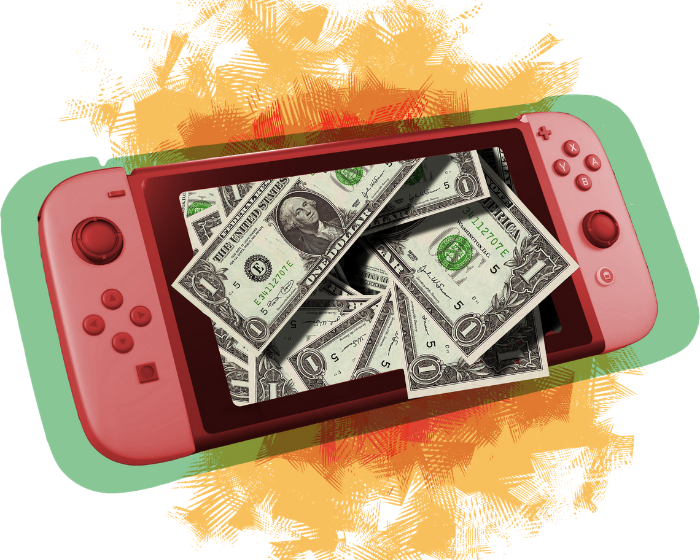Joe Iacoviello
The mobile app market is a huge industry. Apple’s app store alone has made about ten billion dollars. Of the three large app stores, Apple’s, Google’s, and Microsoft’s each have their own strategies and are more or less successful for it. Apple has a very strict app review process and likes to keep their store very clean. They hand review every app. This approach is thorough but takes two weeks. Google is at the opposite end of the spectrum. They only scan for viruses then put the app on their store within a couple hours. Microsoft is right in the middle, with a less strict app approval process and a review time of about one week.
Apple’s tight regulations have left developers have become so frustrated that Apple has been taken to court several times. The largest complaint from developers is that the approval process is inconsistent. For example, until recently an app called AppGratis was on the store. AppGratis sent advertisements to its users through push notifications, which breaks one of the rules Apple made. This app was on the store long enough to get 21 million users, along with many other competitors that have not been removed yet. Despite this, Apple just pulled the app, citing the rule violation as the reason the app got pulled. Sources within AllThingsD have said that this removal is the start of Apple’s app store crackdown. Apple wants to remove apps that look too much like an app store themselves, because they have the potential to confuse Apple’s users. Apple is also concerned that apps like AppGratis will accept payment to promote apps, which will generate downloads for apps that don’t deserve it, and bring bad apps to the storefront instead of the good apps. This strict approval process seems to have worked, however, because out of the three app stores Apple’s generates the most revenue.
Google has a very loose approach to their app store. Nobody reviews the apps on Google Play. After a virus scan, the apps can go up on the store. This whole process only takes a few hours. Because of the loose process, low quality or buggy apps get through often, along with a few viruses. There are signs that Google is starting to tighten up, though. In February they removed 60,000 low quality or spammy apps from the store, and less viruses now get through to the store. Although Google Play has as many apps and users as Apple, it only makes about a fourth of the money. Most of the apps on the Play store are free and ad supported, which is not counted when measuring Play store revenue. Android users seem reluctant to pay for apps that are not free.
The Windows Phone 8 store is very new and its success cannot be judged in comparison to its peers yet. The approval process for Windows Phone takes the middle road between Apple and Google. Apps are reviewed by people, but the process does not take as long and is not as intensive as Apple’s. Microsoft only checks that your app is not incredibly buggy or offensive, then puts the app on their store. Windows Marketplace only has about 125k apps on it at the time of writing, compared to the 775k both Apple and Google have.
The best app store in terms of quantity and quality is Apple’s app store. If quantity were not a factor, then Windows Marketplace may come neck to neck with Apple, although it is far too early to say anything for sure. Unfortunately, Google’s Play store is inferior to both these platforms in terms of quality only, but because of the quantity it wins second place. Windows Marketplace is new and it may, and probably will, overtake Google’s Play store unless Google gets its act together.































